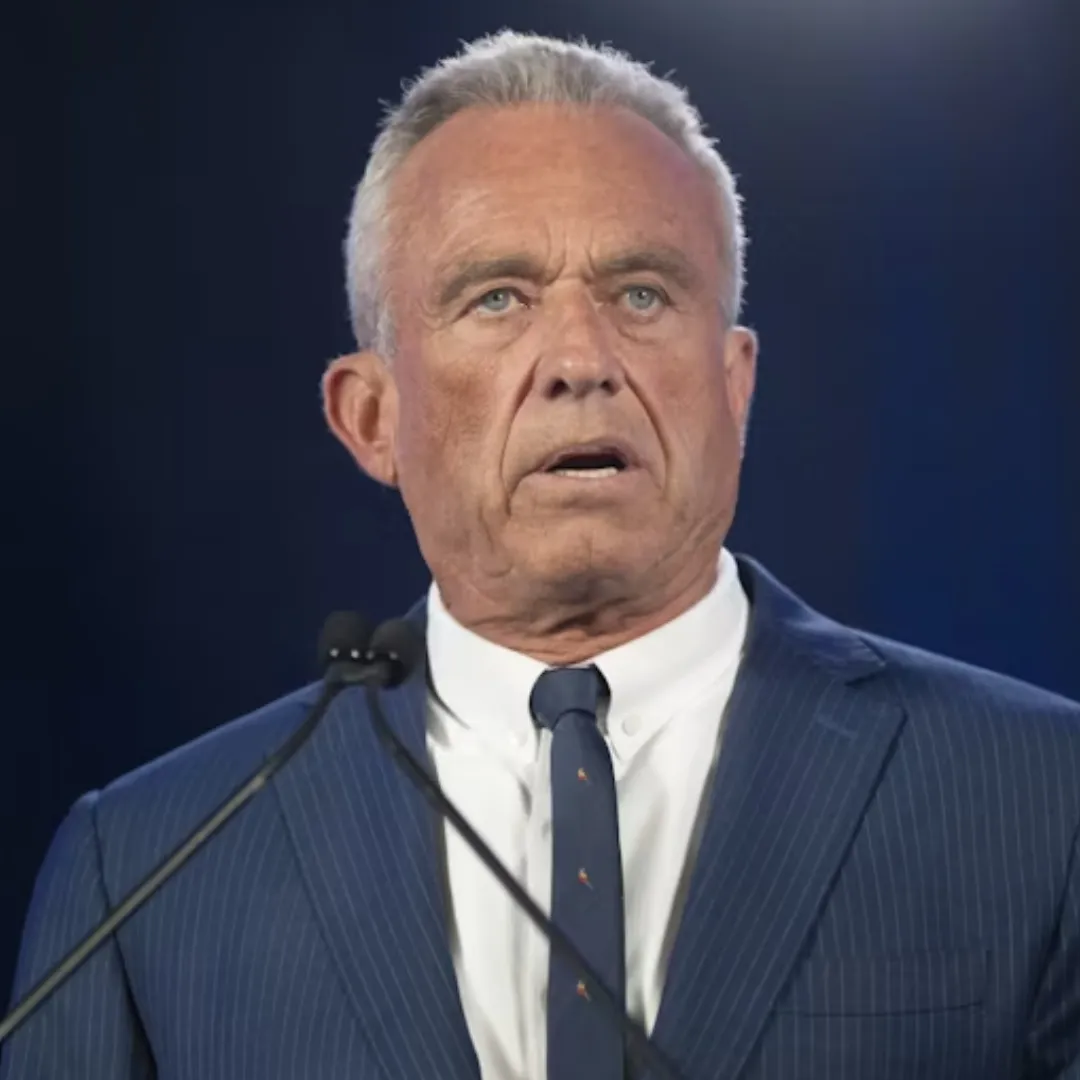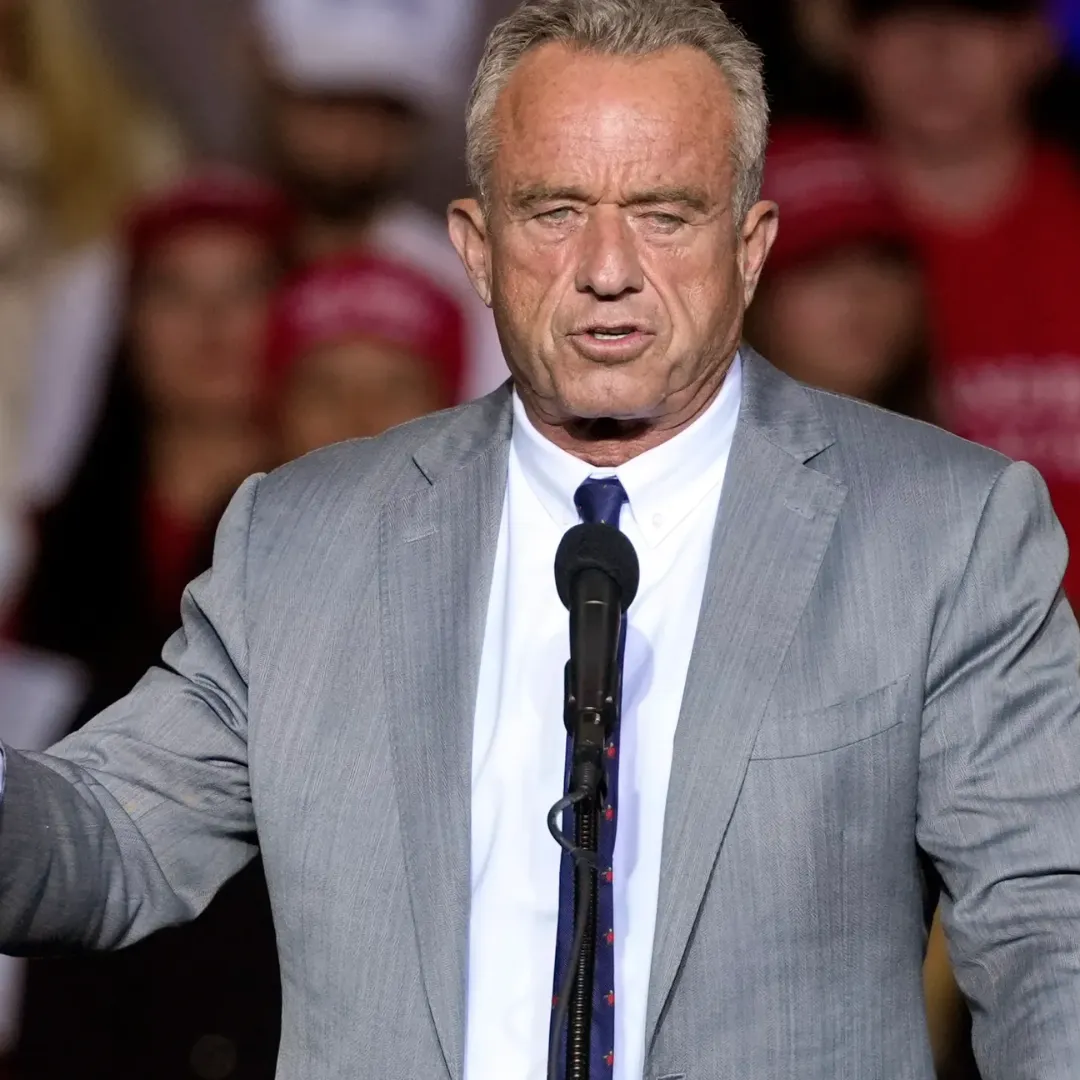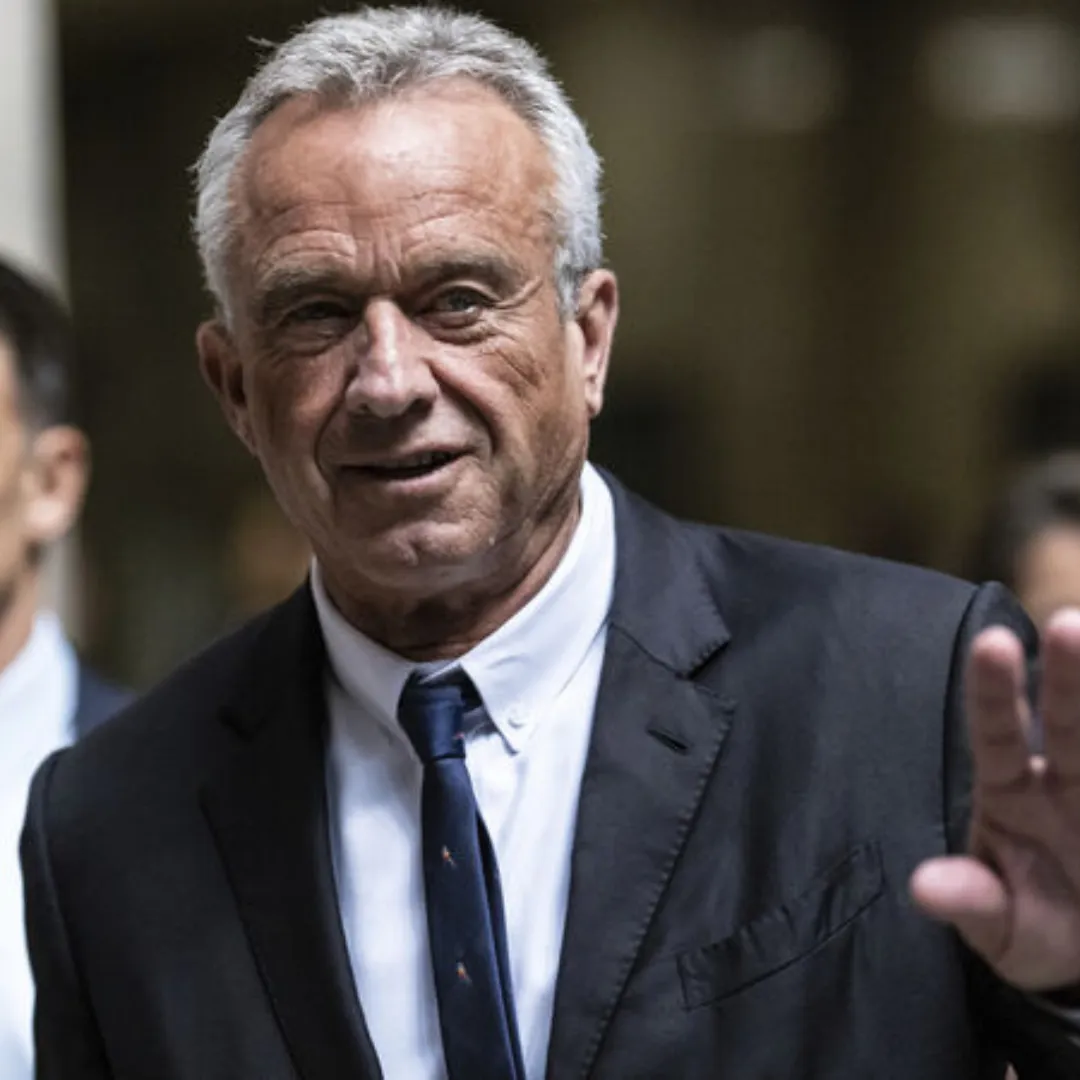RFK Jr.’s Nomination Raises Alarms About Public Health and Vaccination Rates

Scott Gottlieb, the former commissioner of the Food and Drug Administration (FDA) under President-elect Donald Trump, has voiced serious concerns over the nomination of Robert F. Kennedy Jr. to lead the Department of Health and Human Services (HHS).
Kennedy, a known anti-vaccine advocate, has raised alarms among public health experts and policymakers who fear his leadership could undermine decades of progress in disease prevention.
“I think if RFK follows through on his intentions, and I believe he will, it will cost lives in this country,” Gottlieb stated during a Friday appearance on CNBC’s Squawk Box.
He warned that under Kennedy’s leadership, vaccination rates for critical diseases like measles, mumps, and rubella could drop significantly. “If we lose another 5 percent [of vaccinations], which could happen in the next year or two, we will see large measles outbreaks,” he added.
Kennedy, who must be confirmed by the Senate to assume the role, has vowed not to eliminate vaccines but remains a polarizing figure due to his history of amplifying vaccine hesitancy. Gottlieb stressed that even a minor decline in vaccination rates could lead to the resurgence of once-eradicated diseases like polio, measles, and whooping cough.

“Doctors in this country are not prepared to diagnose diseases that have been largely absent for decades,” Gottlieb noted, highlighting the potential strain on the healthcare system if vaccination rates continue to fall.
Gottlieb, who stepped down from the FDA in 2019 and later joined Pfizer’s board of directors, further warned that Kennedy could exacerbate the spread of infectious diseases with the “stroke of a pen.”He pointed out that the consequences of reduced vaccination rates would not only affect public health but could also strain resources and undermine trust in health institutions.
The former FDA commissioner also suggested that Kennedy’s confirmation might face hurdles in the Senate, particularly from members of the Republican caucus. “I think there is skepticism in the Republican caucus — more than I think the press is reporting right now,” he said.
Republican lawmakers who oppose abortion rights are wary of Kennedy’s contrasting views, and senators representing agricultural states are concerned about his policies potentially driving up food prices.

Despite his concerns about Kennedy, Gottlieb praised Trump’s other healthcare-related appointments. He commended the selection of Mehmet Oz to lead the Centers for Medicare and Medicaid Services and Martin Makary to head the FDA.
“There are some qualified, very capable picks,” he noted, expressing confidence in both nominees. Gottlieb described Oz as a “transformative” choice who could bring innovative changes to Medicare and Medicaid, while highlighting Makary’s qualifications to lead the FDA.
The nomination of Kennedy has ignited a broader conversation about the role of public health leadership in maintaining vaccination rates and preventing the resurgence of preventable diseases.
While Kennedy’s controversial stance on vaccines has garnered significant attention, the focus on Trump’s healthcare team underscores the stakes for the nation’s health policy in the coming years.





